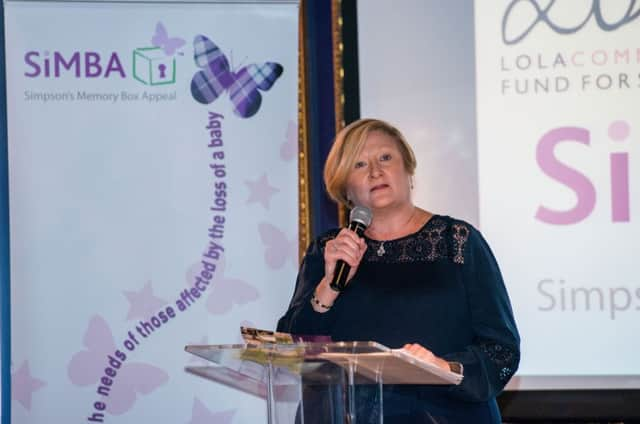What will happen to health post European Union exit?


The difficult thing now will be building confidence both among our members and the public about the future.
The biggest challenge for us as a UK-wide organisation is going to be if Scotland has an independence referendum. It could be difficult if people need to go through passport control to work across the border.
Advertisement
Hide AdAdvertisement
Hide AdWe also have a number of staff from the EU who work in the health service, though more of them work in nursing than midwifery, particularly in the care sector.
In Scotland we facing a demographic time-bomb due to the ageing workforce and are having difficulties recruiting midwives in Highland, Grampian, Tayside, and the island health boards.
Much of our training and working practices has been standardised throughout the EU so there may be changes there.
We must work together to make sure we maintain the quality of care that we have developed through these schemes and to make sure we continue to be at the forefront of health care.
- Gillian Smith is Director of the Royal College of Midwives (RCM) in Scotland